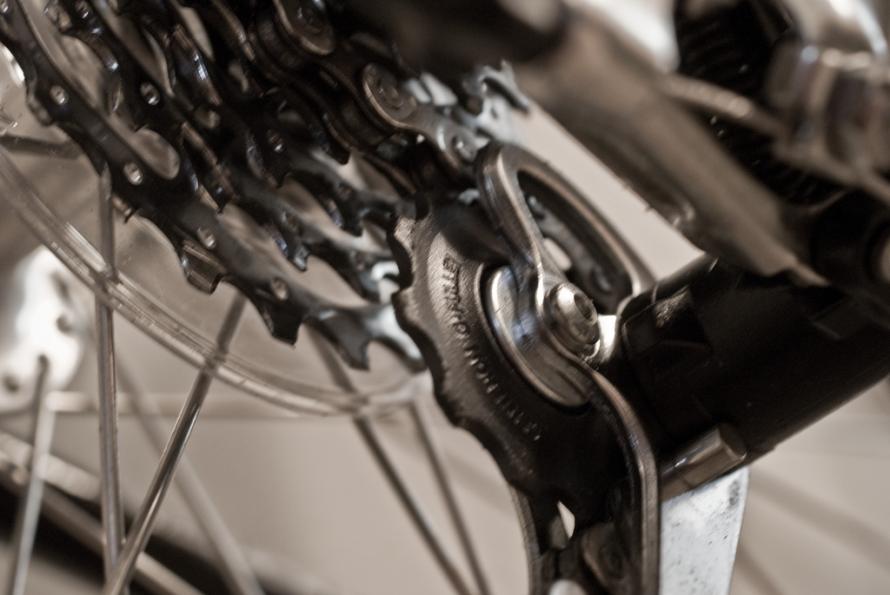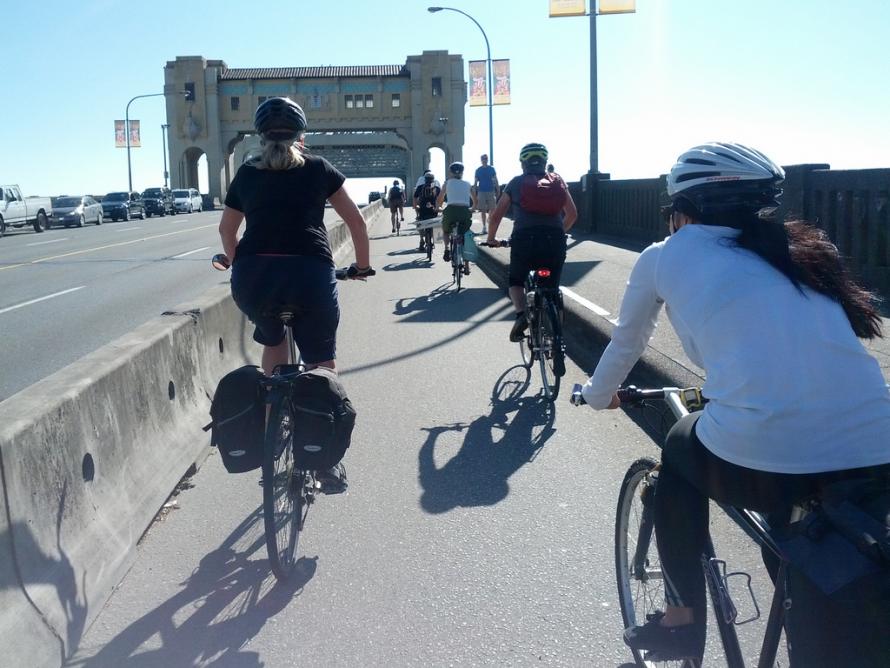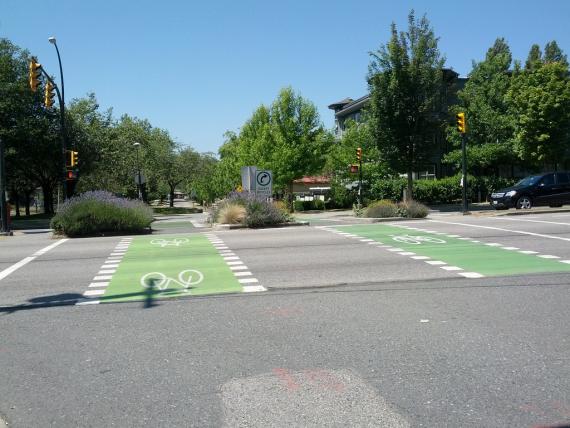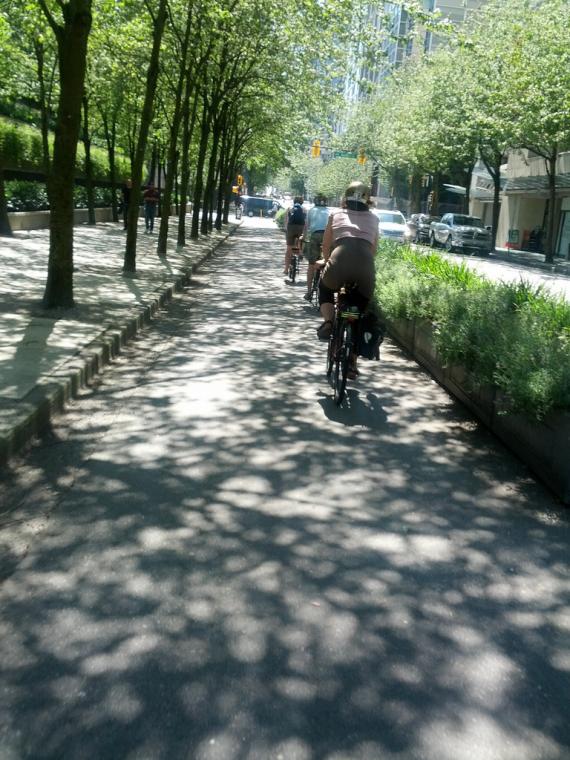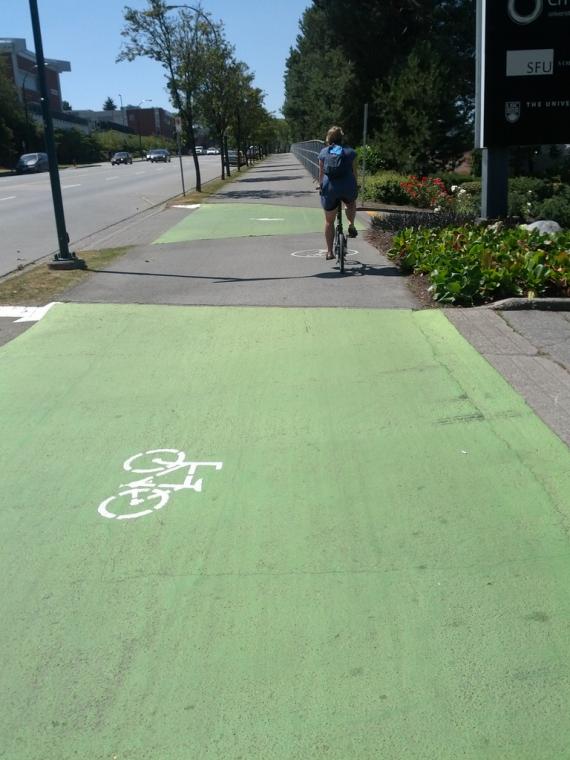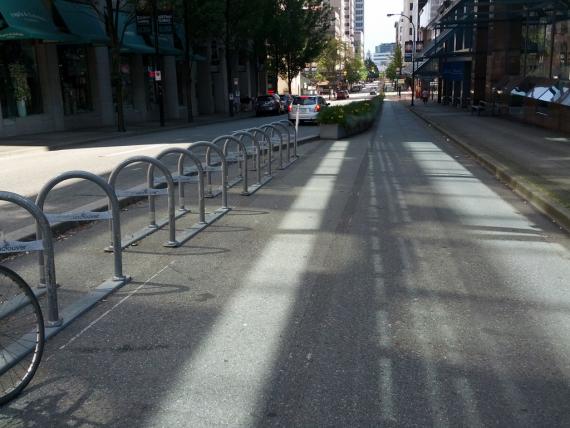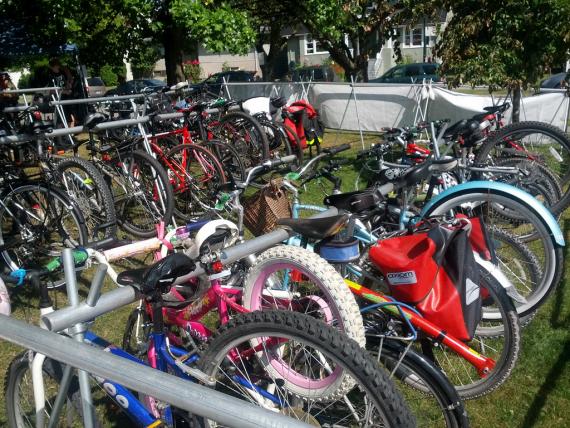Bicycle mechanics get little respect yet we demand much of them. Everybody wants their bikes in perfect running order but we typically under value the complexity of the mechanics, at least in North America. Thus bicycle mechanics get paid little and many accomplished mechanics I know have talked about moving into other technical trades where the pay is higher and where there is more respect. (Photo by backonthebus)
That might be changing as Ontario is working on a provincial apprentice program for bicycle mechanics. The apprentice program is currently hanging in limbo as different departments work to approve it. The province has invited potential bicycle mechanics apprentices to participate in a 45 day waiting period before it becomes official. Roy Berger, a bicycle mechanic from Brantford, ON, was one of those invited. Yet Berger told me that the province has yet to start the waiting period.
Between March 2013 and April 2013 the Ontario Ministry of Training Colleges and Universities made a Training Agreement with 113 Bicycle Mechanic Apprentices in Ontario and provided a 30 page Schedule of Training.
For the longest time bicycle mechanics has been undervalued as only fit for teenagers and people who can't get a real mechanical job. The low pay has matched that expectation. With an apprentice program bike mechanics might finally become a respected profession which might also result in better pay, conditions and also safer repairing, maintaining and building of bikes. Or as Berger told me:
Papers, if you got papers, you like papers. People covet trade papers in all countries. I see this trade paper in the same category as a certificate for a gastronomical chef. You don't have to hire the guy but you figure that fellow is up to a certain minimum standard. It begins to set a bar and perhaps some day form a trade association same as chefs, hair dressers and other trades that require skill, dedication and interest. This one, our thing, is in the public interest. It's good for little Johnny, Susan and Mohammad. It's good for baby polar bears and tiger cubs. It's all about reinforcing the green and saving the planet. It's a decent moral trade. Now we have a real opportunity to step up to it. We've been wanting this for decades.
Currently Berger and other bike mechanics are just waiting. Berger received a apprentice card in the mail but now is just waiting on the government. The provincial ministry has designated bicycle mechanic as a new apprenticeship program but is hanging in limbo by another act. As explained by a ministry spokesperson:
The trade of Bicycle Mechanic was designated as a new apprenticeship program under the Apprenticeship and Certification Act, 1998 (ACA) in 2012. However, the trade is yet to be prescribed (named) under the Ontario College of Trades and Apprenticeship Act, 2009 (the Act).
When the new Act came into effect on April 8, 2013, the previous apprenticeship legislation and regulations governing apprenticeship programs, including the ACA, were revoked.
Before the Ministry can name the trade in a regulation under the Act, a 45-day consultation period with industry and training stakeholders will be required to confirm support for Bicycle Mechanic to be named as a trade under the Act.
Once support is confirmed the following events will need to occur:
· the trade will need to be named in Ontario Regulation 175/11 (Prescribed Trades and Related Matters);
· the College will need to develop the scopes of practice in regulation (O. Reg. 278/11 – Scope of Practice - Trades in the Service Sector); and
· the College of Trades Board of Governors will need to establish a panel review to determine compulsory or voluntary designation.As of April 8, 2013 and until these events occur, no new training agreements can be registered for the trade of Bicycle Mechanic.
Active training agreements with existing apprentices will continue to be honoured; they continue to be registered apprentices with the Ministry until such time as the trade is designated or not. Please note these apprentices cannot be members of the Ontario College of Trades until the trade is named under the Act.
Once the apprenticeship program is running it will require the apprentice to put in 2000 hours of time which is followed by an exam with both practical and written components "at an institution and with an instructor yet to be named". Those who pass are certified but it will still be up to the bike shop to choose someone who is certified.
So here's crossing our fingers for bike mechanics. I know I like having the people who work on my bicycle to be good at their jobs. My life depends on it.

